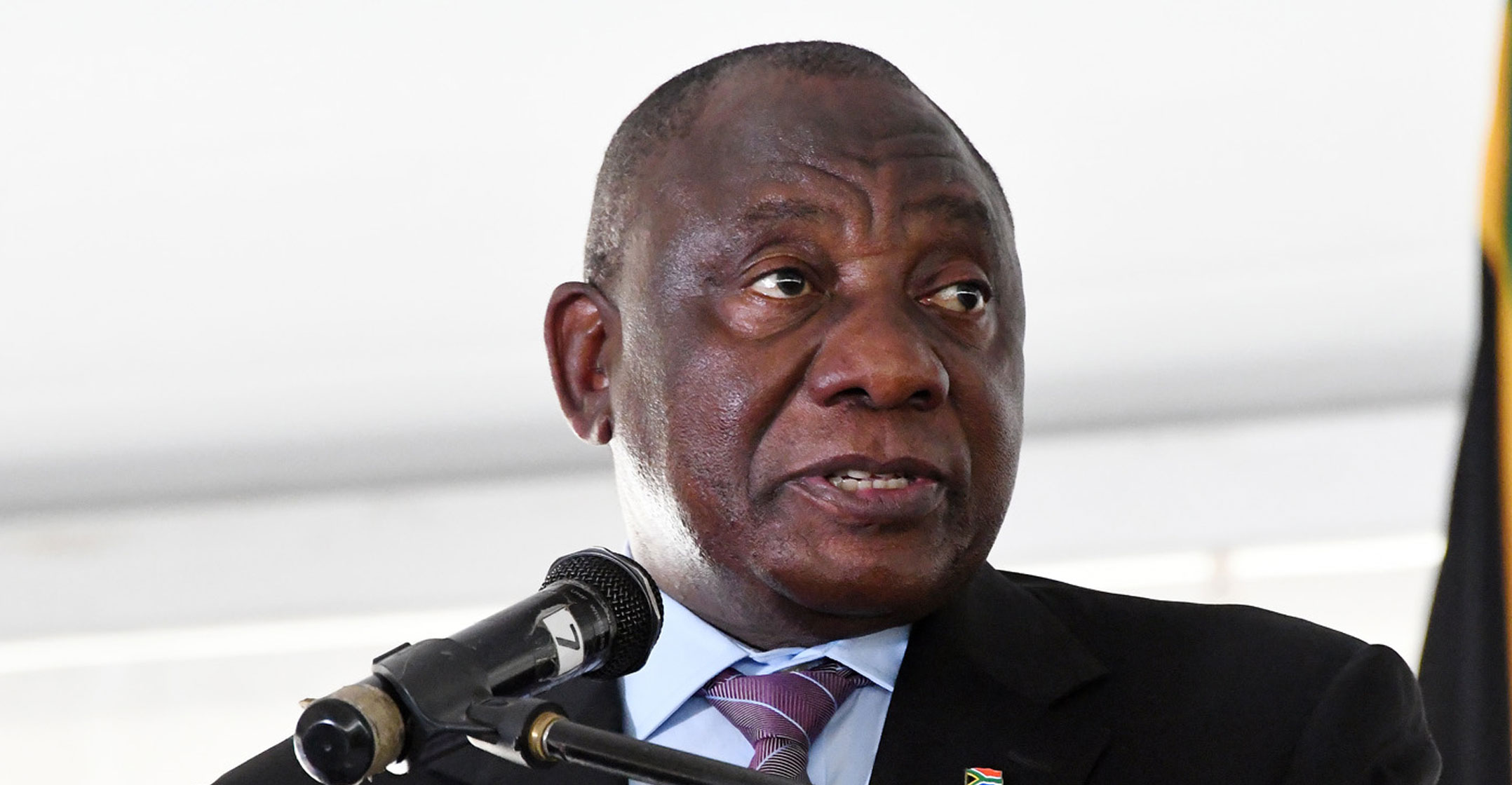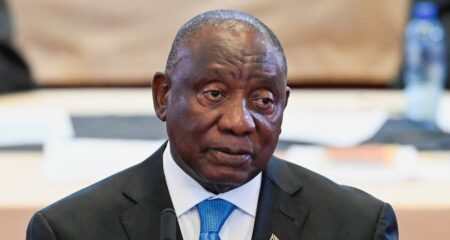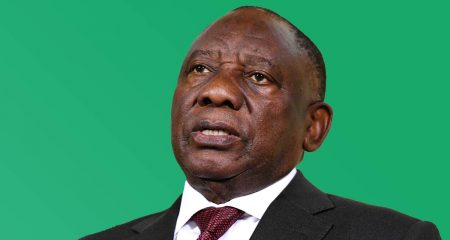
President Cyril Ramaphosa has declared a national state of disaster over South Africa’s crippling power shortages, saying they posed an existential threat to the economy and social fabric.
“We are in the grip of a profound energy crisis,” Ramaphosa said in his annual state of the nation address to parliament.
“The crisis has progressively evolved to affect every part of society. We must act to lessen the impact of the crisis on farmers, on small businesses, on our water infrastructure and our transport network.”
Eskom is implementing the worst rolling blackouts on record, leaving households in the dark, disrupting manufacturing and hurting businesses of all sizes. The power cuts are expected to reduce economic growth to just 0.3% this year.
Declaring a national state of disaster gives the government additional powers to respond to a crisis, including by permitting emergency procurement procedures with fewer bureaucratic delays and less oversight.
The legislation was used to enable health authorities to respond more swiftly to the Covid-19 pandemic, but some analysts doubt it will help the government expand power supply much quicker.
“The state of disaster will enable us to … support businesses in the food production, storage and retail supply chain, including for the roll-out of generators and solar panels,” Ramaphosa said.
Minister of electricity
The electricity crunch has been years in the making, a product of delays in building new coal-fired power stations, corruption in coal-supply contracts, criminal sabotage and failures to ease up regulation to enable private providers to swiftly bring renewable energy on tap.
Ramaphosa said he would appoint a minister of electricity within the presidency to focus solely on the crisis. He also pledged to continue with South Africa’s partly donor-funded transition to cleaner energy, with planned investments of R1.5-trillion in the next five years.
He said the government was working on a mechanism for targeted basic income support for the most vulnerable, within fiscal constraints. — Wendell Roelf, Carien du Plessis and Bhargav Acharya, (c) 2023 Reuters




